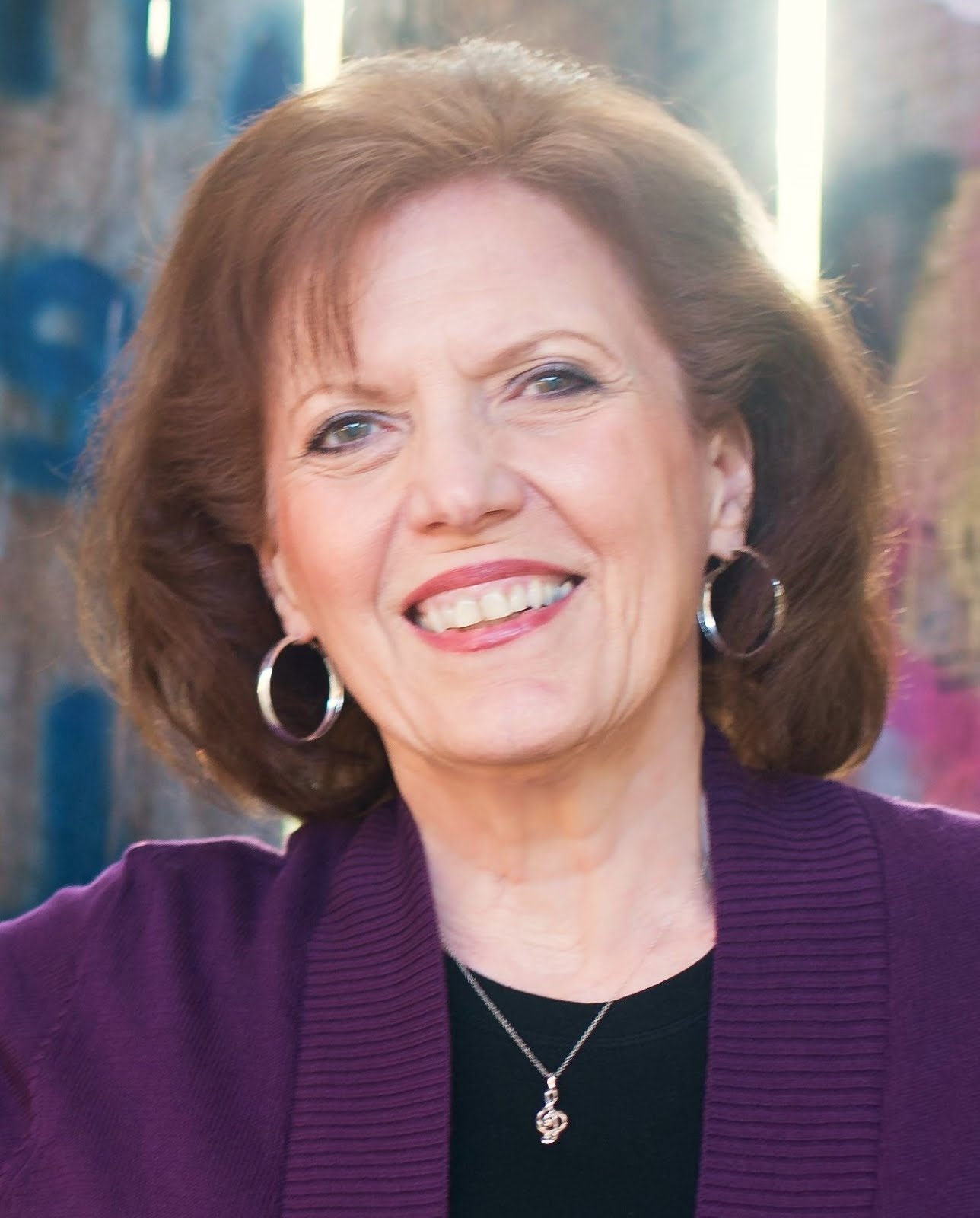When a South Georgia congregation hired me in 1973 as their
first full-time Minister of Music, Baptist women ministers were extremely rare.
I had almost no female peers, anywhere.
Needing
community, I soon joined a group of Baptist music ministers (all male, of
course) who gathered monthly for inspiration and peer support. Usually I was
the only female in the room (someone's wife or female accompanist would join us
occasionally), but they accepted me as a sister in music ministry.
We enjoyed
being together. They listened to my presentations and comments, and accepted my
choirs equally at festivals and other church music events. They became my
friends and co-ministers, helping shape my early years in music ministry.
By the
mid-1980s, the Women in Ministry movement was gathering steam, receiving lots
of press in Baptist publications. There were still very few female music
ministers among Georgia Baptists, but overall, the ranks of women
ministers--especially youth or education ministers--were starting to swell.
Several of
us met in Decatur
I did help
distribute colorful fliers announcing our group's formation at the Georgia
Baptist Convention that year. The room was aglow with hot pink. Women ministers
were here to stay.
Earlier, I'd begun writing about Women in Ministry issues. Over and over, I heard women
ministers tell stories of both frustration and fulfillment in their ministry
settings.
We all
supported each other, but knew that sharing only with female peers was not
enough. In order to facilitate change within congregations, we needed a larger
forum.
Ironically,
we also needed outspoken men to support us. Powerful male pastors and
congregations who adamantly oppose women in church leadership roles only listen
seriously to other men, never women.
Prior to
drafting my first article, I surveyed Baptist women ministers throughout Georgia
They had
plenty to say, writing in the margins and on the backs of the survey pages.
When asked
about obstacles, they noted that just getting hired as a minister was the
biggest challenge, because of women's uniqueness. One woman reported being
introduced to a male pastor who blurted, "Oh, a real, live woman
minister!"
Once
employed, some women reported being perceived more as secretaries than
ministers--expected to do their own clerical work, for instance, and receiving
lower salaries than comparable male ministers.
One was
constantly asked, "Where is your husband ministering?" (He was an
architect, not a minister.) Another told of being patted on the head by a male
minister.
One woman music minister was told she could lead the choir, but not the congregational
music. Another was told she could lead the youth and children's choirs but not the adult
choir, because there were men in it.
Others were
told to sing but not speak. Stand to the side of the pulpit when leading hymns.
Refrain from wearing slacks when on the podium…or when shopping.
Visitors
one Sunday morning assumed the woman minister leading the music was a
substitute for the "real" (male) minister. They returned the next
Sunday, exclaiming, "You're still here!?"
Despite
misperceptions and imposed limitations, these women all remained certain of
their calling. In the face of Bible thumpers or well-meaning, but unenlightened
congregations, they acknowledged God's claim upon their hearts and lives as
ministers.
Constant
affirmations from those to whom they ministered helped validate their call to
ministry, like the father whose son conducted his first Christmas cantata as a
minister of music: "I would not be here tonight except for your influence
on my son."
They
delighted in the changing perceptions of women ministers. Revivals were common
then, and one woman music minister invited a male acquaintance to be guest
music evangelist. After the first service, her young son said, "Wow,
Mommy, I didn't know men did that!"
In the 21st
century, the Women in Ministry movement, like the Civil Rights movement and the
War on Poverty, has taken great strides, but still has miles to go.
"Everything changes, yet everything remains the same."
Qualified,
called women ministers permeate every area of Baptist life, yet many still
enjoy far fewer opportunities than their male counterparts.
Congregational
attitudes are slowly evolving, but many women ministers continue to have
difficulty getting hired (especially for "platform positions," i.e.,
pastor or music minister), and struggle with opposition or misperceptions about
their ministerial roles.
Women ministers are building on their past and looking towards a promising future.
One thing is clear: women ministers need supportive relationships with their
peers--both female and male--to help shape their lives and ministries.
In order to thrive, women ministers need community with others who are divinely
called to professional ministry.
